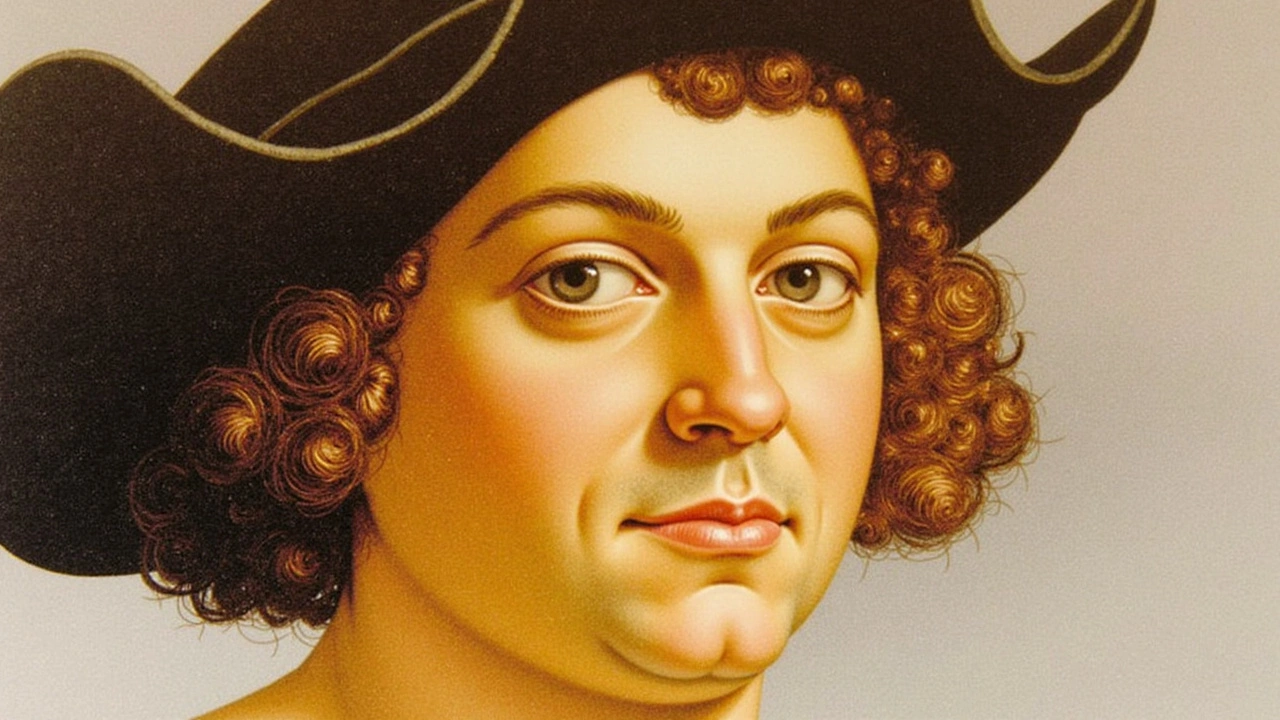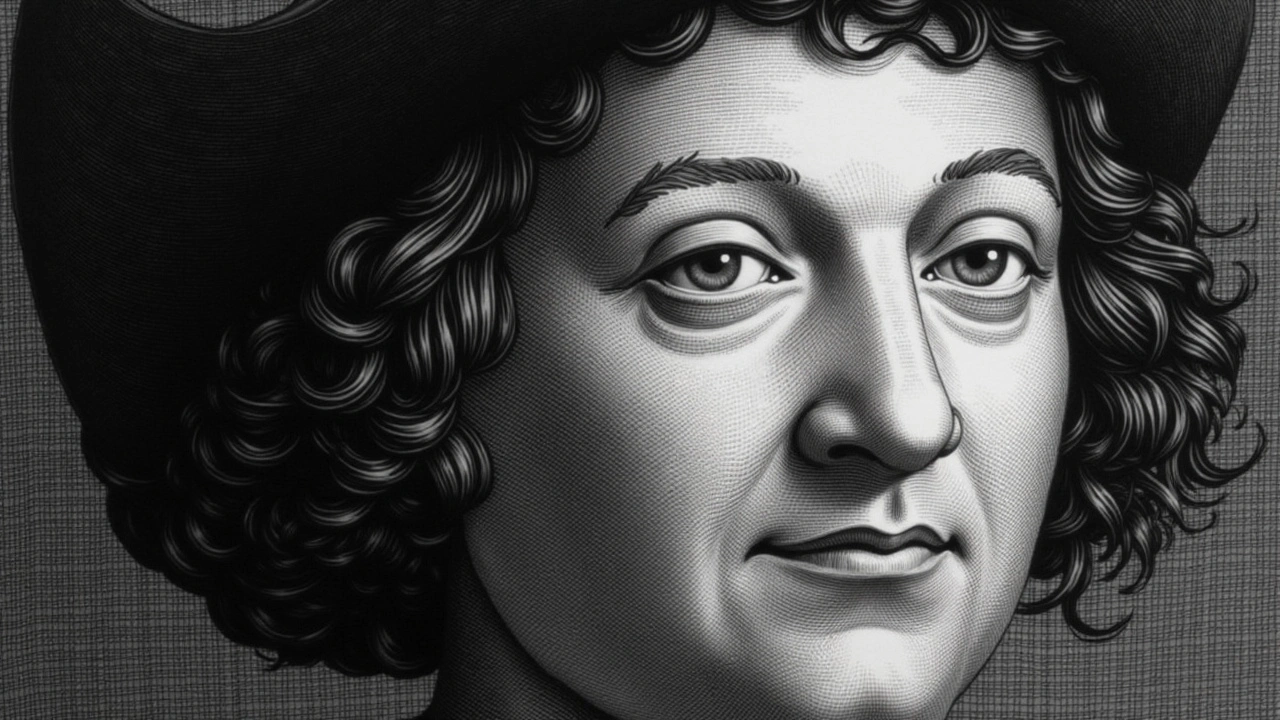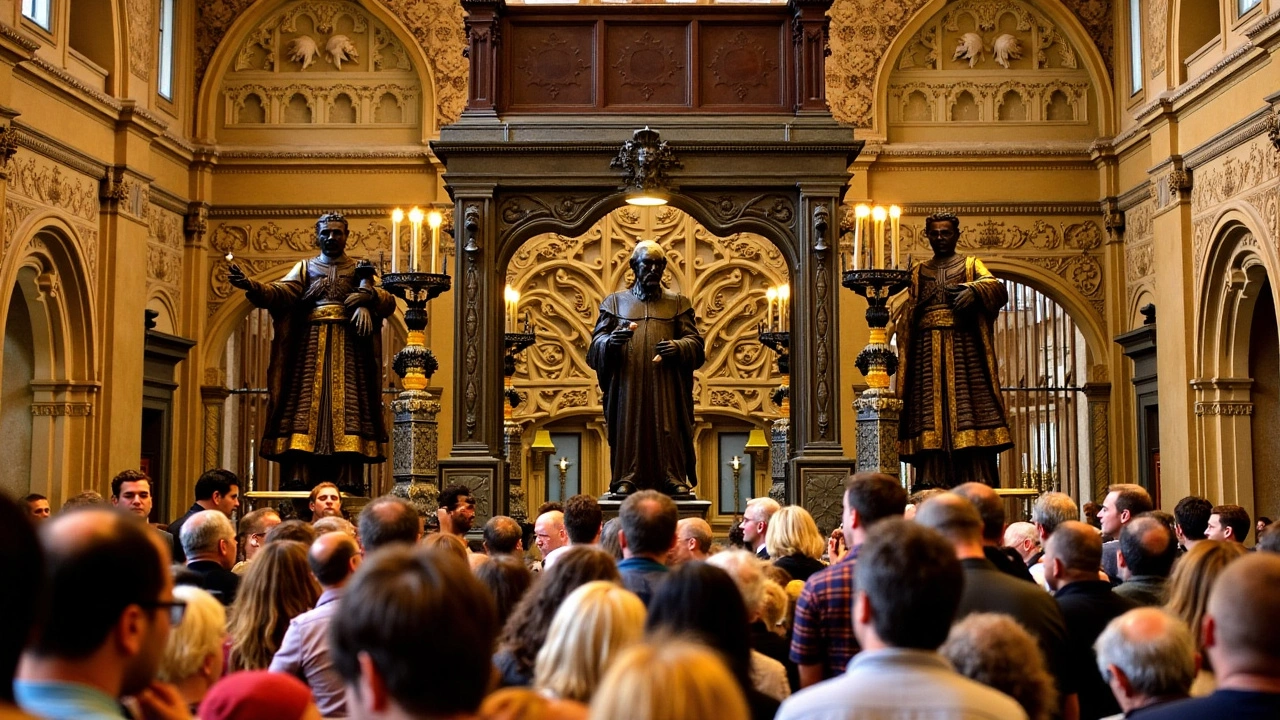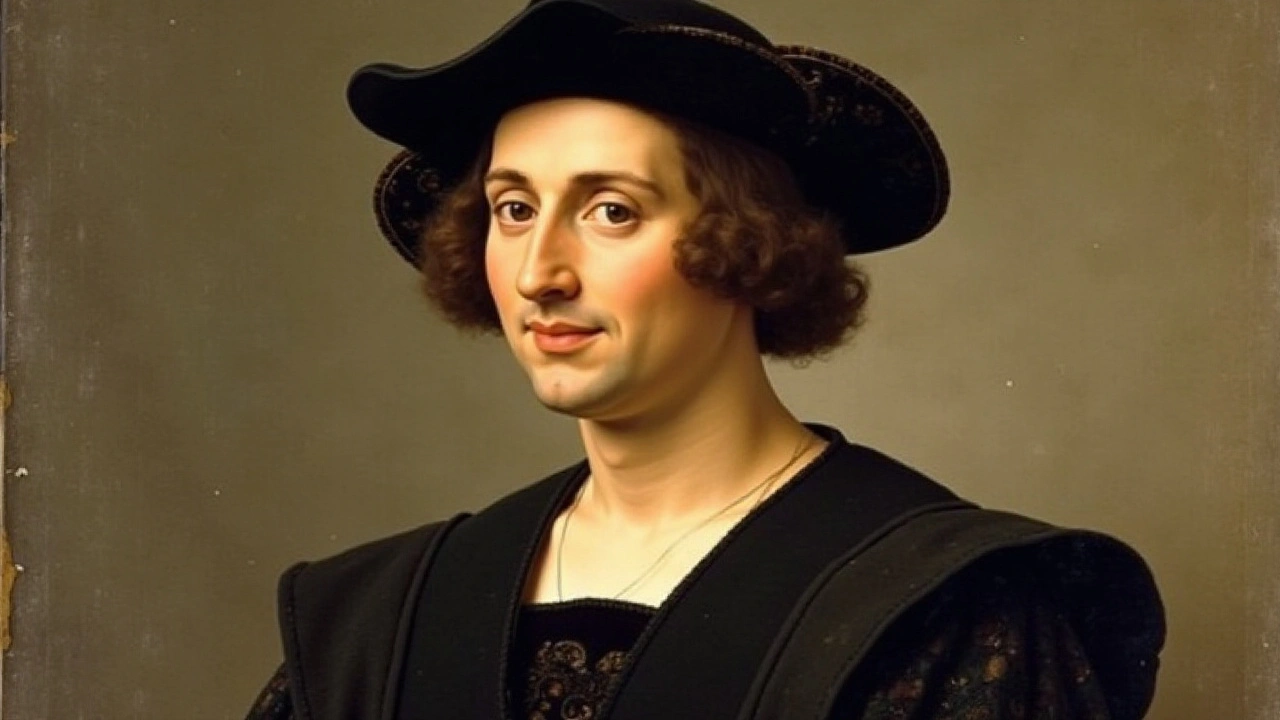The Groundbreaking Discovery
In a fascinating turn of historical inquiry, a 22-year DNA study has proposed a fresh perspective on the origins of Christopher Columbus, the famed navigator credited with “discovering” the Americas. Led by forensic expert José Antonio Lorente from the University of Granada, the research suggests that Columbus was not the Italian explorer from Genoa that history books often portray. Instead, the study indicates he was more likely a Sephardic Jew from the Western Mediterranean, particularly the region that encompasses modern-day Spain and Portugal. This revelation is stirring both excitement and controversy within scholarly circles and beyond.
The study meticulously analyzed DNA extracted from remains believed to have been those of Columbus, buried within the architectural grandeur of Seville Cathedral. By comparing this genetic material with that of known relatives and descendants, the researchers uncovered traits within the Y chromosome and mitochondrial DNA, notably those of Columbus’s son Hernando, which suggest Jewish origins. This finding correlates with Sephardic Jews, deriving from the Hebrew term ‘Sepharad,’ referring to the Iberian Peninsula—a geographical area that housed a significant Jewish community before their expulsion in 1492.

Historical Context and Implications
Understanding Columbus's potential Sephardic roots necessitates a nuanced appreciation of the historical milieu of the late 15th century. Spain was a tumultuous hub of religious transformation, predominantly dictated by the Catholic Monarchs King Ferdinand II and Queen Isabella. Following their decree in 1492, Jews who refused conversion to Christianity were either forced to flee or faced dire repercussions. Immersing in this period, one can speculate that Columbus might have converted—or at least professed conversion—to Catholicism, a strategic adaptation to evade persecution and ensure survival.
The implications of these findings are profound, potentially reshaping how we view the narrative of Columbus's journey across the Atlantic and, more symbolically, the broader story of the Jewish diaspora. The new insights invite academia and public discourse alike to broaden their interpretations of history, challenging entrenched versions with a fresh lens.

Challenges and Skepticism
However, the study does not stand without its critics. The journey to decipher Columbus's true identity is marred by the complexities of analyzing historical DNA samples, a task compounded by the volumes of historical lore and empirical data surrounding Columbus's legend. Lorente and his team assert the reliability of their findings, describing them as 'almost absolutely reliable,' yet such bold claims naturally invite skepticism among some historians. Concerns arise over the political undertones inherent in the discourse of Columbus’s identity, prompting calls for cautious interpretation and requiring a balance between newfound scientific insight and historical context.

A Broader Perspective
So what does this newfound perspective mean for Columbus's legacy? For some, this revelation facilitates a deeper understanding of his identity, pushing past simplistic nationalistic narratives and beckoning a consideration of the melting pot of cultural and religious influences that shaped the Age of Exploration. It exposes the dynamic interplay between identity, culture, and history, offering a more complex picture of who Columbus was and the events that framed his iconic voyages.
On the other hand, others may see the study as a mere historical curiosity, a footnote in the grand tale of exploration that doesn’t fundamentally alter the narrative of the European discovery of the Americas. Yet, underestimating the significance of such findings may lead to the dismissal of opportunities for richer, more inclusive historical narratives. Ultimately, the pursuit of understanding the past, much like exploration itself, is an ongoing journey driven by curiosity and a quest for truth.
Reception and Future Directions
The impact of Lorente's study is palpable, provoking a spectrum of reactions. While some scholars warmly embrace the advancement towards a more inclusive re-evaluation of Columbus and his historical time, others rigorously advocate for further investigational cross-examination to substantiate such claims. This ongoing dialogue not only enriches the academic field but ignites interest in potential future studies. The study's release echoes as an open invitation to scientists and historians alike to continue delving into questions of identity and heritage, pushing the boundaries of what DNA analysis might unveil next about famed figures nestled within our history books.
As audiences worldwide absorb the implications of Lorente's findings, the narrative surrounding Columbus becomes ever richer and more intricate. The fusion of scientific endeavor and historical exploration stands as a testament to our perennial quest for understanding human identity and the footprints etched into the pages of time.
